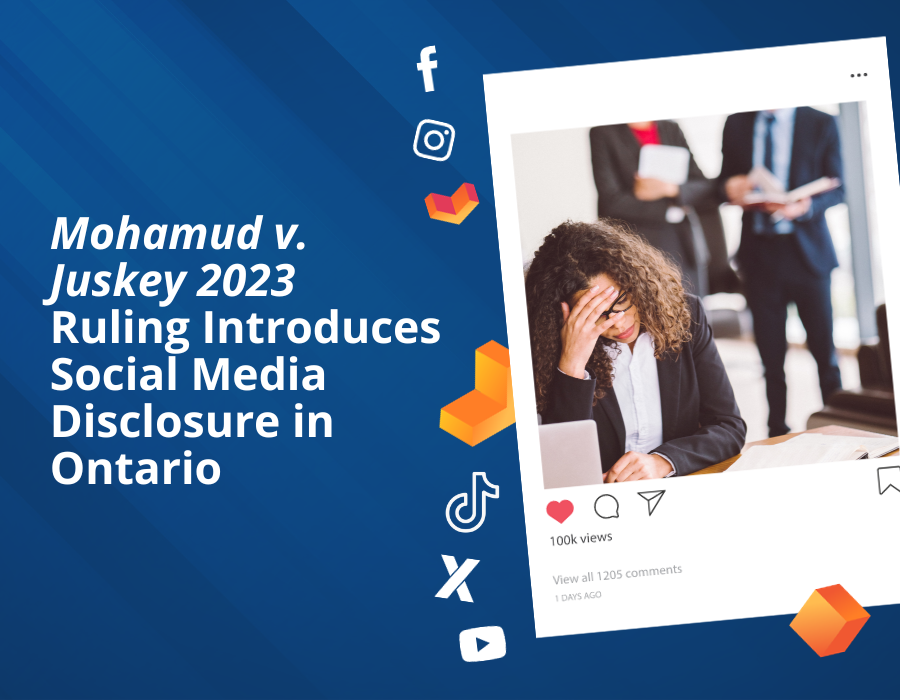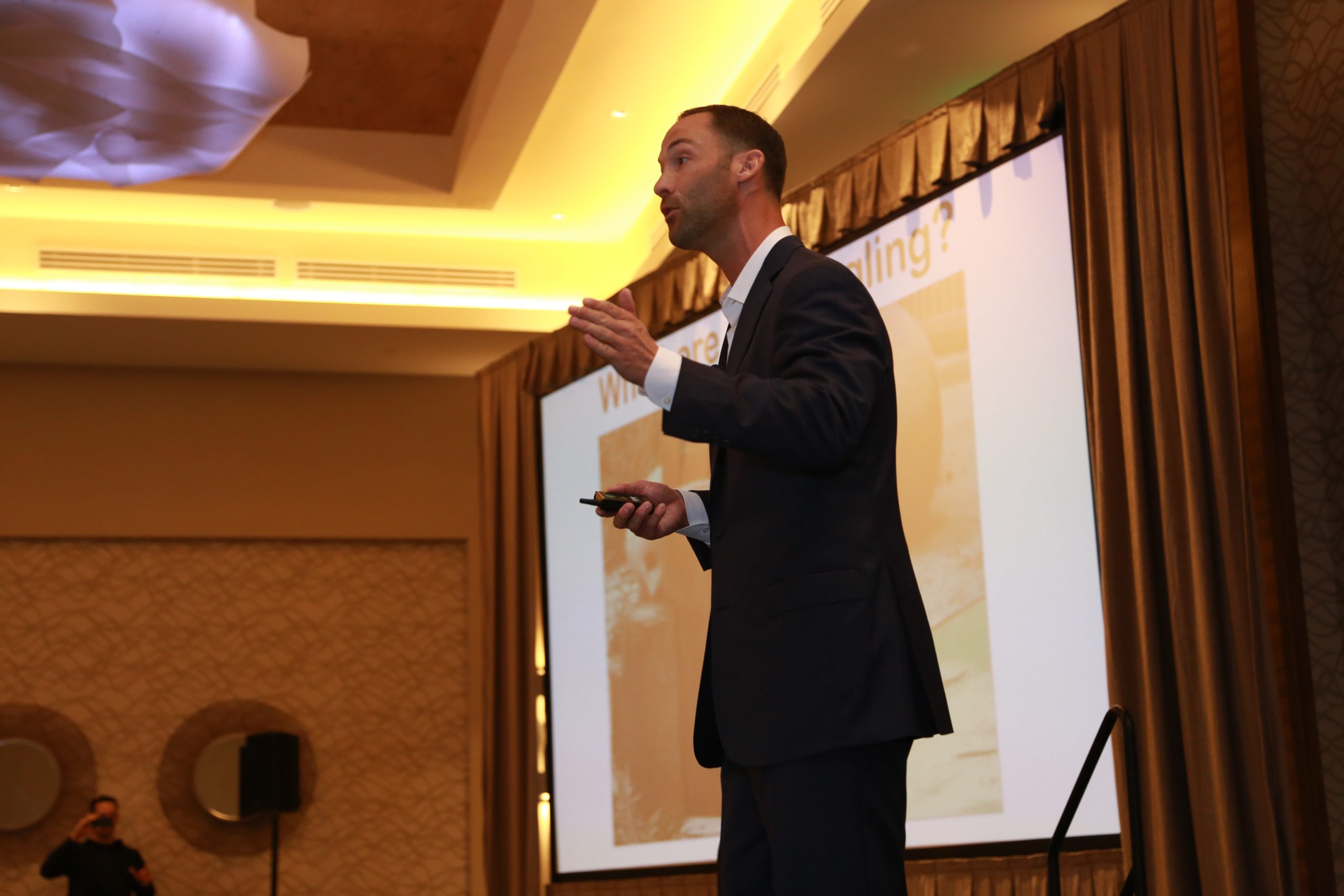
Kregg v. Maldonado, 951 N.Y.S2d 301
In Kregg v. Maldonado, a New York decision, the defendants discovered that family members of the injured plaintiff had created Facebook and MySpace accounts for the plaintiff and posted on his behalf. The defendants requested the disclosure of all these social media accounts.
While there was no contention that the information contained in the social media accounts contradicted the plaintiff’s claims for pain and suffering, the plaintiff appealed the disclosure motion. The court granted the appeal on the basis that the defendants request for disclosure was overboard. Specifically, the request asked for disclosure of all social media, which was made without a “factual predicate with respect to the relevancy of the evidence.”
The court concluded that requests for discovery should be tailored narrowly and appropriately to the case at hand to avoid overreaching requests. Further, the court noted that there must be a basis for believing that such posts would conflict or contradict the plaintiff’s claims for damages. In the subject case, no such posts had been identified.
Defendants are using social media as the new surveillance in personal injury cases. Private Footprint is a simple tool that provides lawyers complete visibility into their clients’ past and present social media activity.
With Private Footprint, lawyer(s) are aware of what their clients post on social media and can be prepared when opposing counsel seeks access to accounts.
In this case, Private Footprint would ensure the plaintiff’s lawyer was prepared to appeal a disclosure motion.
Contact us today to learn more about Private Footprint and how you can start protecting the value of your files.












































